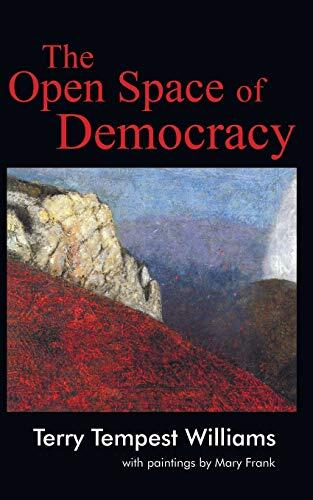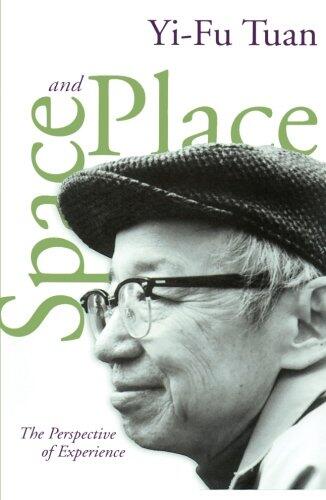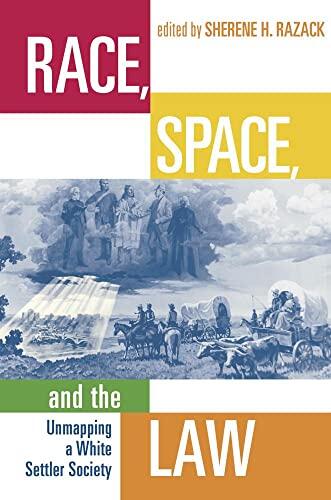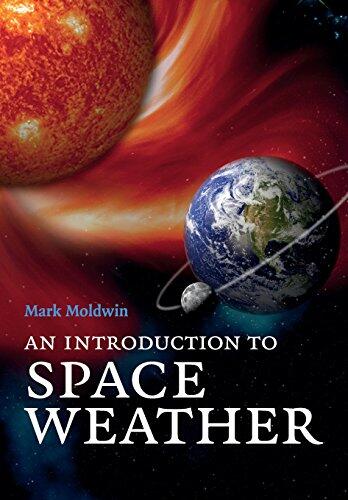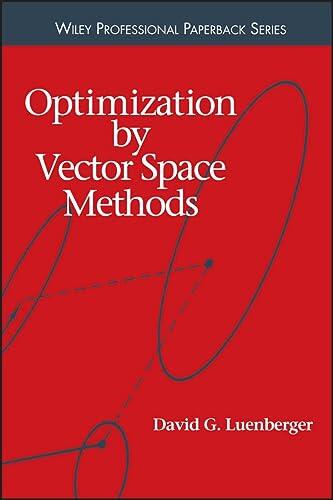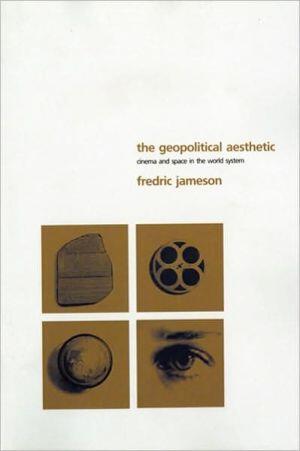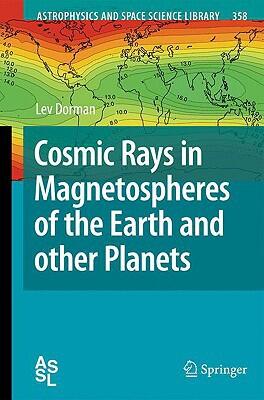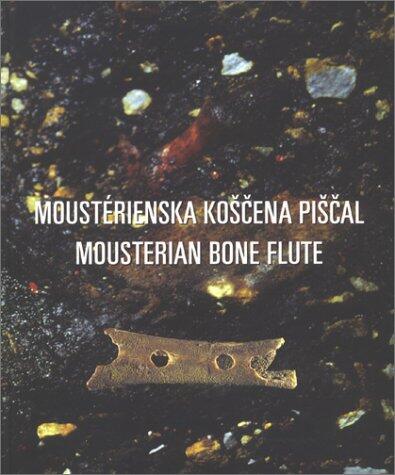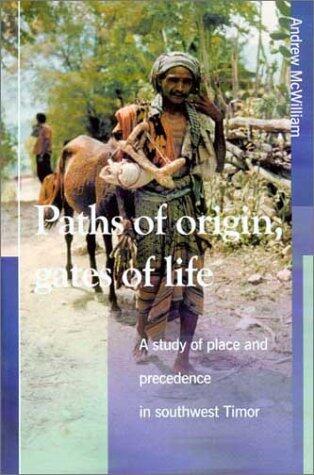
Paths of Origin, Gates of Life: A Study of Place and Precedence in Southwest Timor
によって
Andrew McWilliam
まだ評価がありません
Science & Technology
History
形式
ペーパーバック
ページ数
331
言語
英語
公開されました
Jan 1, 2002
出版社
Brill
版
Illustrated
ISBN-10
9067181986
ISBN-13
9789067181983
説明
In this scholarly exploration, Andrew McWilliam delves into the intricate relationship between place and precedence in Southwest Timor. Drawing upon his doctoral thesis from the Australian National University, he presents a comprehensive analysis of the region's cultural landscape, linking historical context to contemporary social dynamics.
McWilliam meticulously addresses the significance of geographical and spatial factors in shaping community identities and social hierarchies. The work offers an in-depth examination of how local customs and traditions interact with the broader socio-political environment, shedding light on the resilience and adaptability of the Timorese people.
Through a blend of field research and theoretical insights, the author highlights the complexities of belonging and the cultural meanings associated with specific locations in Southwest Timor. His observations reveal the profound impact of historical legacies on present-day relations, contributing to the ongoing discourse surrounding indigenous studies and regional anthropology.
Ultimately, McWilliam's investigation becomes a vital resource for scholars and students alike, providing a nuanced perspective on the intersection of place, culture, and identity in this unique part of the world.
McWilliam meticulously addresses the significance of geographical and spatial factors in shaping community identities and social hierarchies. The work offers an in-depth examination of how local customs and traditions interact with the broader socio-political environment, shedding light on the resilience and adaptability of the Timorese people.
Through a blend of field research and theoretical insights, the author highlights the complexities of belonging and the cultural meanings associated with specific locations in Southwest Timor. His observations reveal the profound impact of historical legacies on present-day relations, contributing to the ongoing discourse surrounding indigenous studies and regional anthropology.
Ultimately, McWilliam's investigation becomes a vital resource for scholars and students alike, providing a nuanced perspective on the intersection of place, culture, and identity in this unique part of the world.
